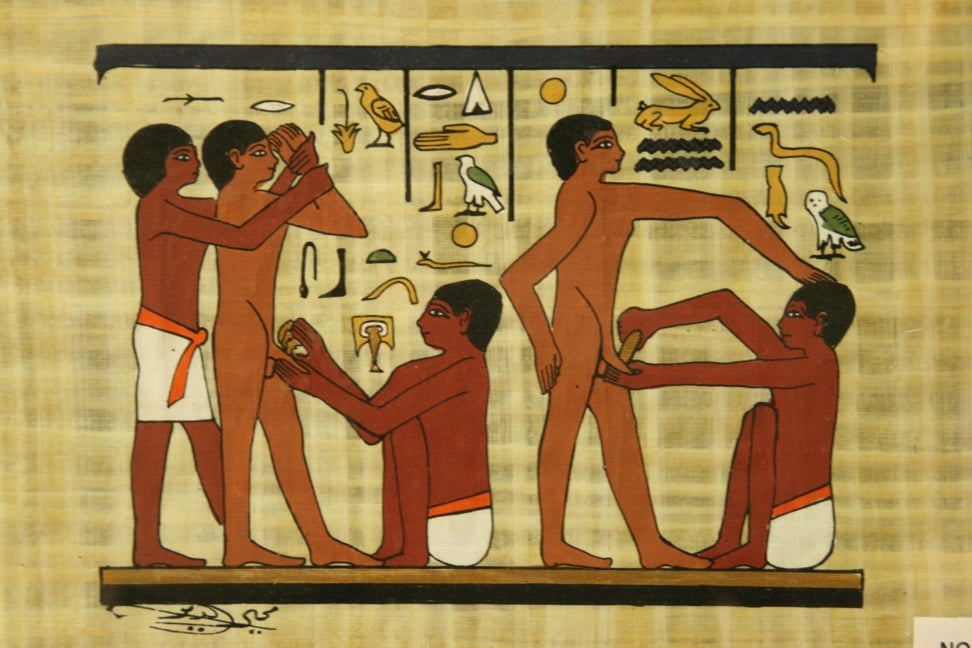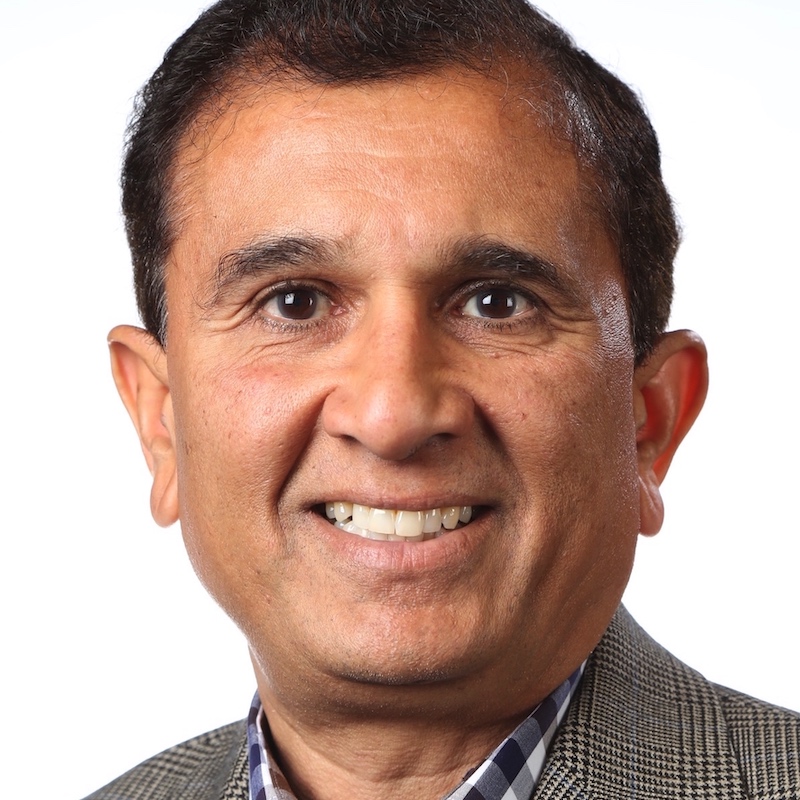JULY 2, 2022 BY DR. DILIP AMIN7 COMMENTS
When a male child is born, interfaith parents are often faced with the crucial decision on whether to cut or not to cut. Undoubtedly some parents, while leaning in favor of circumcision, would like to back it up with scientific merits. This may sound like a benign suggestion, but one should find out the motive—science, faith or superstition—behind such thinking.

Photo: mhudzaifah-Flickr
For the doctors in the US, carrying out a circumcision is a routine procedure. However, if one parent is for it and the other isn’t, it is important to evaluate all pros and cons of circumcision.
Circumcision for Faith
“There is my covenant, which you shall keep, between me and you and your descendants after you: Every male among you shall be circumcised,” God commands Abraham, the Jewish patriarch (Genesis 17:11). “Any uncircumcised male who is not circumcised in the flesh of his foreskin shall be cut off from his people; he has broken my covenant.” Later, Jesus revised this guidance by saying circumcision is of no avail (Romans 2:25-29).
All three Abrahamic faiths (less so for Christianity) believe in circumcision. Several of these adherents continue to believe that some evil might befall on an uncircumcised child, and he would not be “saved.”
Circumcision is not a practice in the Dharmic (Hindu, Buddhist, Jain and Sikh) traditions. Hindu sages would probably have perceived it as himsa (violence) on an infant.
Circumcision and Science
The American Pediatric Association has not recommended universal newborn circumcision, though they have cited benefits over risks, yet stating that the medical benefits alone may not outweigh these other considerations for individual families. Circumcision, therefore, remains an elective procedure.
The Centers for Disease Control and Prevention (CDC) have not yet made any final recommendations regarding circumcision either, nor have other international health authorities recommended routine circumcision.
The World Health Organization (WHO; 2007), the Joint United Nations Programme on HIV/AIDS (UNAIDS; 2007), and the CDC (2008) state that evidence indicates male circumcision significantly reduces the risk of HIV acquisition by men during penile-vaginal sex. Nevertheless the concern that circumcision only provides partial protection and should be considered only in conjunction with other proven prevention measures, is also expressed.
All said and done, if the objective is to prevent sexually transmitted diseases, one should teach children about moral and ethical values instead of endowing them with a false sense of confidence stemming from being circumcised. Circumcision to prevent HIV in the United States doesn’t make sense from a cost and risk standpoint.
According to a New York Times article (2020), the risk of urinary tract infections in uncircumcised boys under age 2 is about 1%; in circumcised boys, it being only 0.1%. However about 1.5% of circumcised infants experience complications during the five years after the surgery. But, I think Dr. Freedman summarized it well, “Whatever you do, your child will be fine.”
As for the record, there hasn’t been any major medical issues associated with uncircumcised Japanese individuals (circumcision rate less than 1%), nor with the Hindus in India or in any other part of the world, especially those who are living in reasonably hygienic conditions..
Even though the United States is one of the few developed nations where the routine removal of infant foreskin is still widely practiced, the overall rate of circumcision has been on decline. For example, in the western part of the country, the rate of circumcision amongst the newborns during 1979–2010 has dropped from 64% to 40%.
To have foreskin on the penis is not a birth defect to be surgically corrected. In fact, the foreskin has abundant nerve endings designed to increase sexual sensations. One Danish study using 5,552 men found that circumcision was frequently associated with frequent orgasmic difficulties (11% versus 4%) and women with circumcised spouses more often reported incomplete fulfilment of their sexual needs (38% versus 28%).
Though not reported, the foreskin can help in temporarily containing the fluid.
The bottom line for the scientific merit is that the jury is still out.
Confused about Circumcision?
For interfaith parents, a question about circumcision may arise. An argument to perform it may be made on religious and/or medical grounds.
Circumcision may cost up to $1000 and may not be covered by insurance.
One needs to keep in mind that the painful and irreversible procedure of circumcision done to a child is done without his consent and is a violation of his human right.
When in doubt, why give pain to a newborn child? Why create doubt over God’s creation of skin on the penis? Why not walk out of the hospital with your baby intact?
A child born with a defect on the foreskin (phimosis) should be appropriately treated if the issue is still persistent at a later age. In other cases, especially when in doubt about scientific merits, parents should let the child decide at an adult age about the circumcision.
If it is a matter of faith for one of the parents, an interfaith couple should decide whose faith would rule their married life.
@@@
The author is bringing new perspectives on different topics relating to interfaith relationships. If you have any counter views, the author is available to answer any question below.
Read more on “Equality for Happiness” in the author’s book—Interfaith Marriage: Share and Respect with Equality. Please sign up for his newsletter here.



- FAMILY RSS
- TAGGED WITH:
- BUDDHISM
- CATHOLIC
- …MORE

ABOUT DR. DILIP AMINDr. Dilip Amin is a Director of the Peninsula Multifaith Coalition of the San Francisco Bay area and a certified speaker at Islamic Networks Group. He is a Dharma Ambassador and on the Advisory Committee at the Hindu American Foundation. He is a jail chaplain. Dr. Amin has co-authored the book Hindu Vivaha Samskara. He founded the web forum InterfaithShaadi.org and guided 1200 youths and summarized his experiences in the book–Interfaith Marriage: Share & Respect with Equality. He is also the founder of HinduSpeakers.org. You can read more about the author here.

